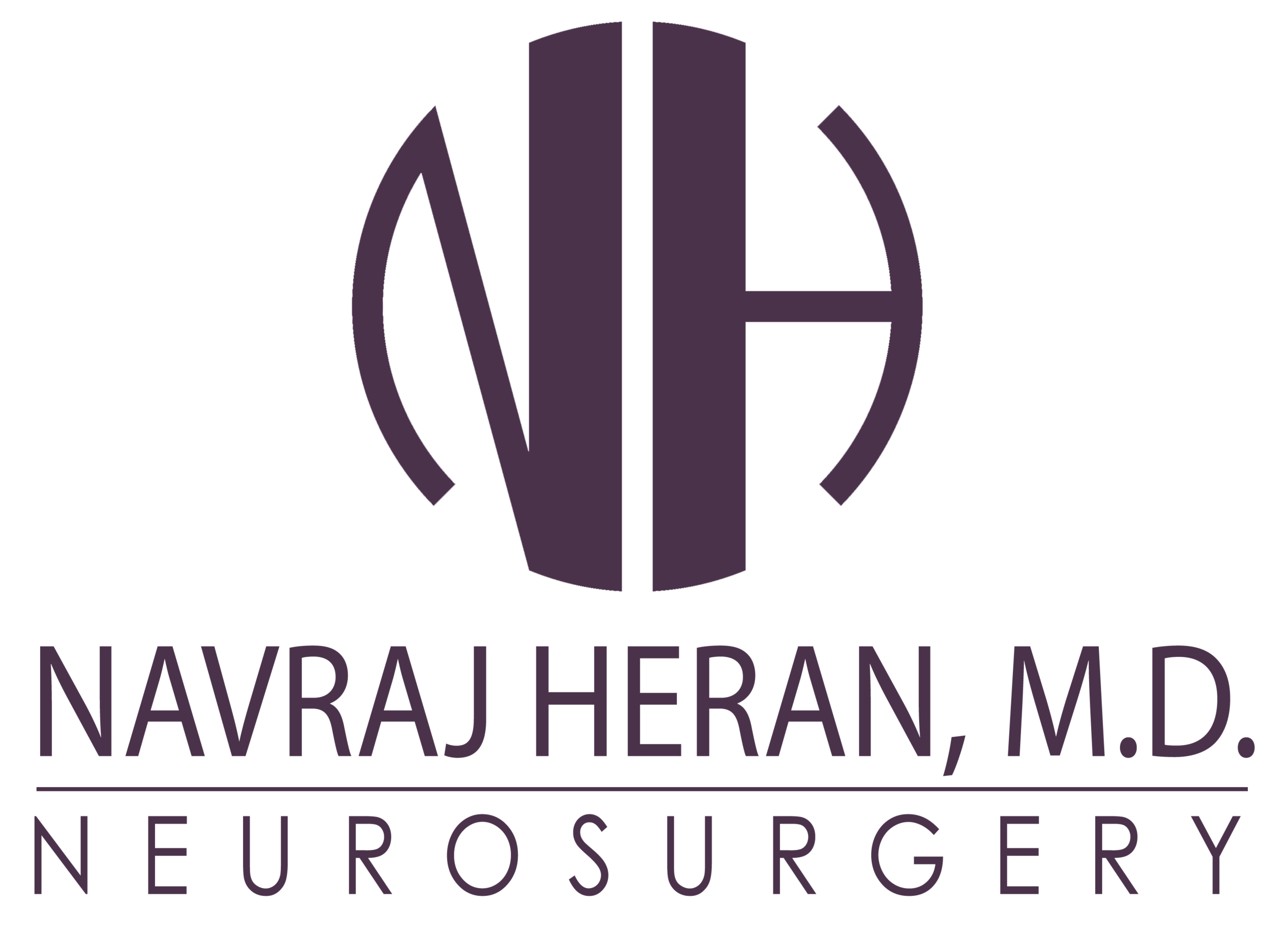Thoracic and Lumbar Fusion
What is lumbar fusion surgery?
Lumbar fusion is a surgery to stop the movement between two or more vertebrae. Bone graft is used to make the two bones grow together into one long bone. Once the bones are fused, they are less likely to move, which keeps the patient from stretching nearby muscles, ligaments and irritating nerves.
What does lumbar fusion surgery treat?
Lumbar fusion might be recommended if the back pain is caused by:
Degenerative disk disease
Scoliosis
Spondylolisthesis
Instability
Fracture
Lumbar fusion surgery results
Lumbar fusion can help with back and nerve pain in most patients with appropriate anatomy.
What to expect with lumbar fusion surgery
Lumbar fusion surgery can be done through the patient’s back or through the belly. The surgeon moves the structures and the muscles to the side to look at the spine. Then the surgeon removes the joint or joints between the painful or damaged disks. Rods and screws or interspinous devices along with pieces of bones from another part of the patient’s body or artificial sources, called a graft, are used to connect the bones and prevent them from moving.
Get lumbar fusion surgery with Centric Health
Many men and women from across Canada and all over the world choose Centric Health Surgical Centres for lumbar fusion surgery. At False Creek Surgical we utilize the Aurora Zip Ultra and Zip 51 devices for doing this, with or without interbody cages, for a minimally invasive approach for this complex disease. The typical surgical incision for a one level case is about an inch and a half long. Our surgeons have years of experience and a commitment to excellence. Our modern facility and patient-centred philosophy will ensure you have a positive, rewarding experience.
Next steps: Book your lumbar fusion surgery consultation
If you are ready to discuss your lumbar fusion surgery needs with our surgeons, contact us to learn more and request a consultation today. To discover your health options your patient care coordinator will discuss:
Your medical history
Incision techniques
Potential risks and complications
